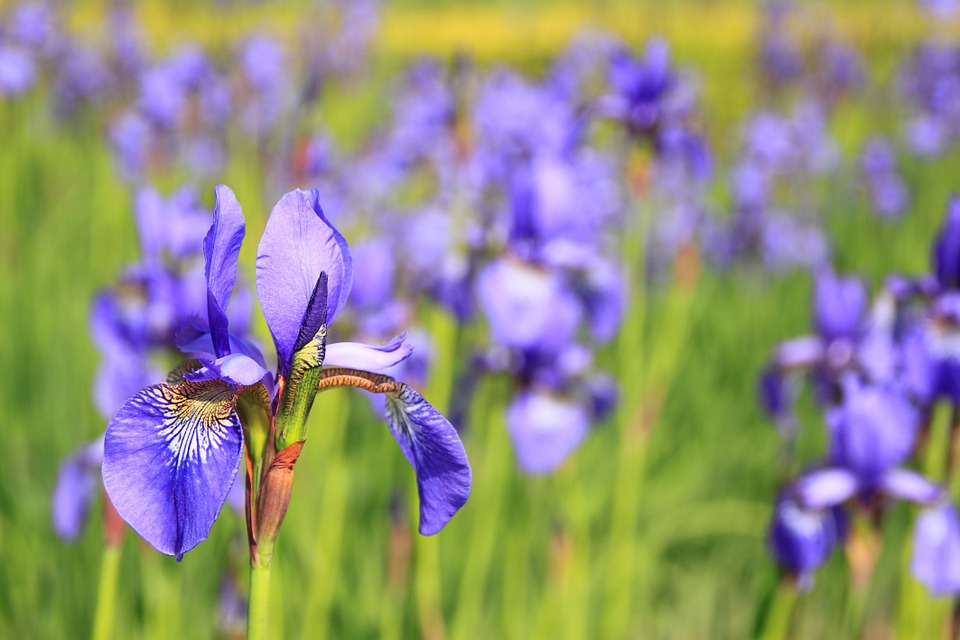Desire also means greed which can be defined in a broad or narrow sense. Broadly speaking, it encompasses desire for money, fame, love and even liberation; while in a narrow sense, it only points to desire for money, fame, status and the likes. Desire needs be properly managed lest it should cost us much suffering, especially when directed toward a person of one’s desire, the suffering can be even more damaging. For example, if a husband or a wife has an extramarital affair, his or her other half will usually suffer a tremendous blow mentally as it is most difficult to accept the fact and let go. The ensuing effect ranges from experiencing depression to taking one’s own life. In such case, it is even more crucial to control the desire to grasp—what is the point of hanging on to a person who no longer feels enamored with you? Therefore, the Buddha said 2500 years ago that breaking up other people’s family is a very serious misdeed, with sexual misconduct being one of the ten non-virtues. Although marital problems were not as notable or serious then, they have become a very common and critical social issue today.
~ Depicted from "THE HANDBOOK FOR LIFE"S JOURNEY : On The Three Poisons - How to Handle Desire"













